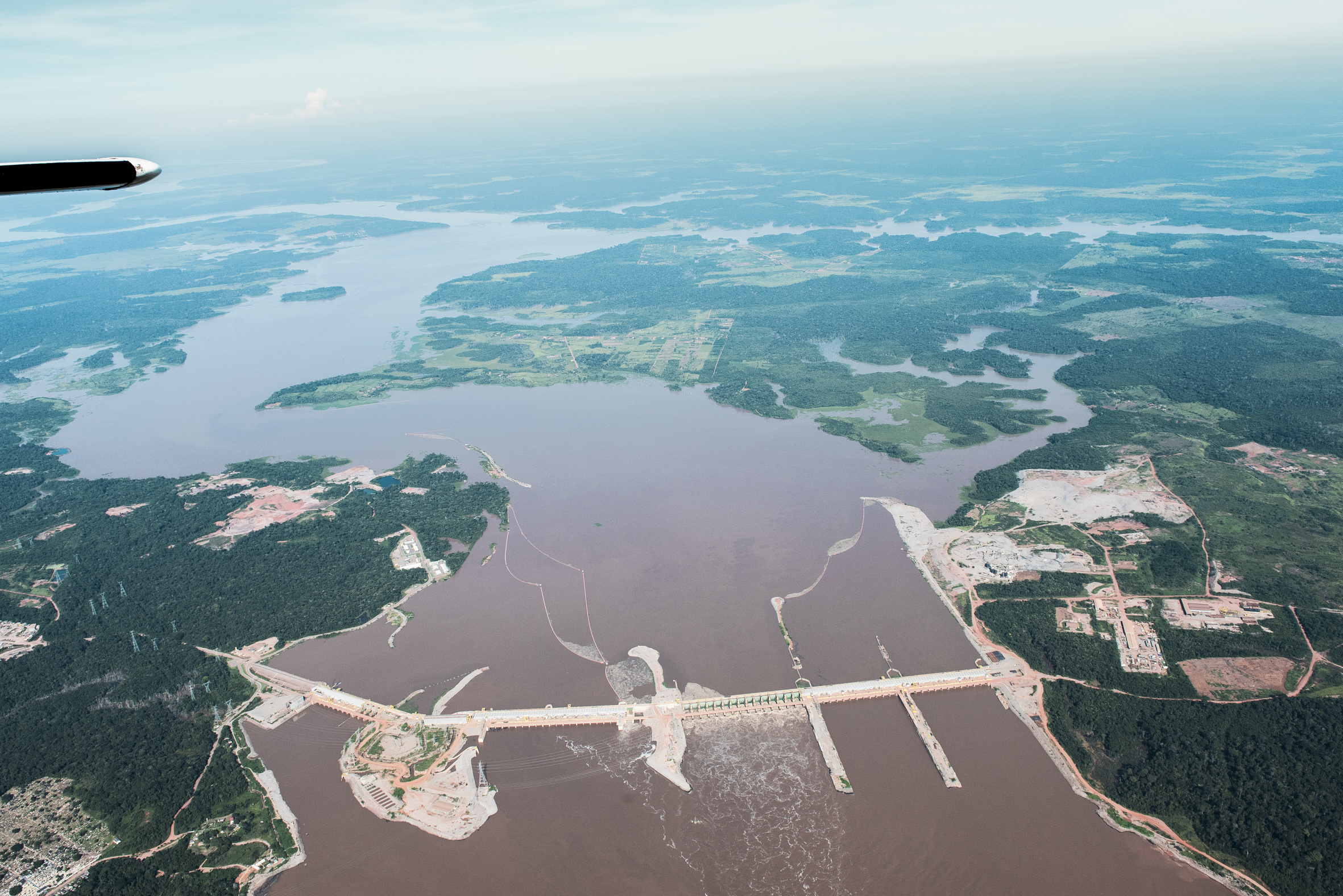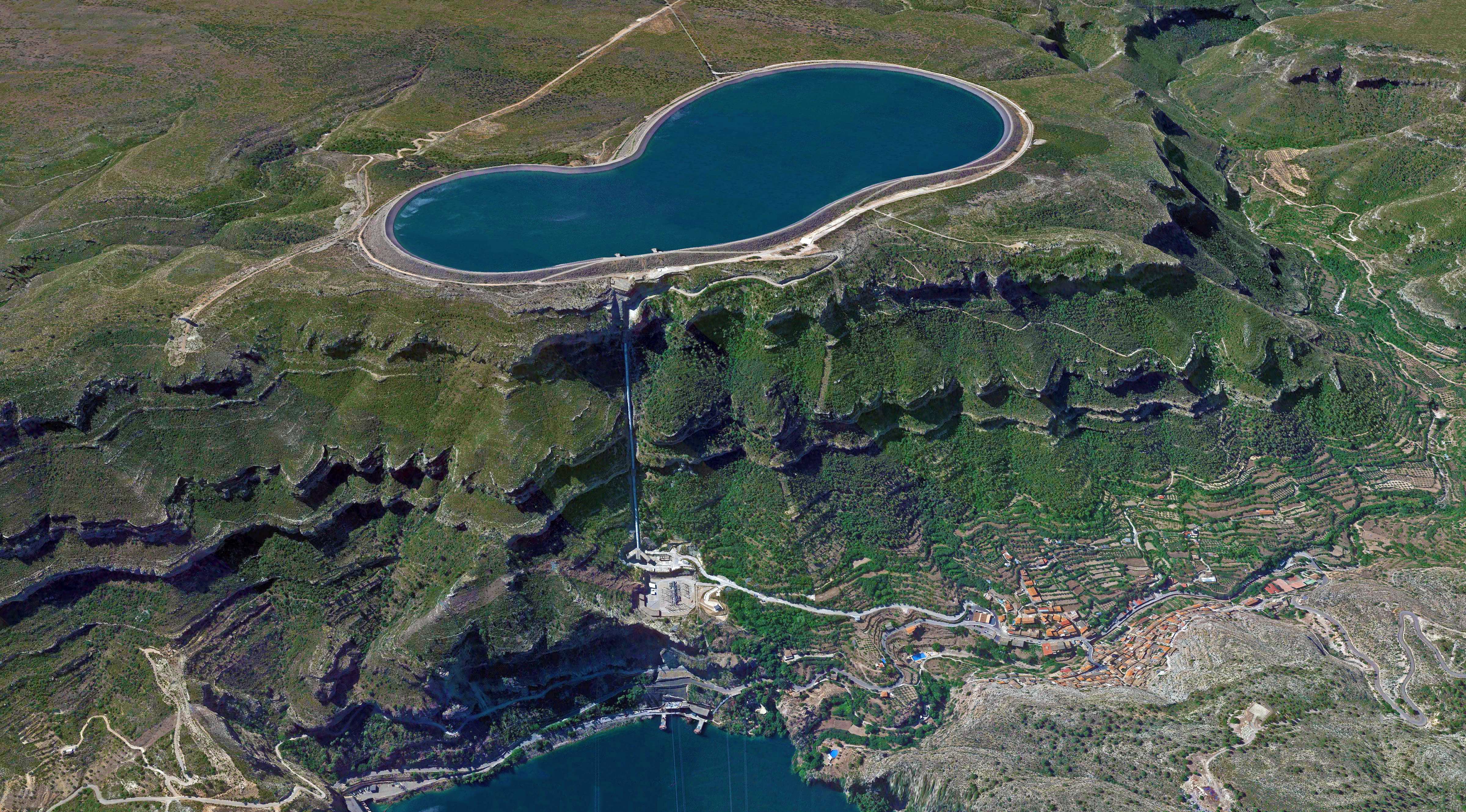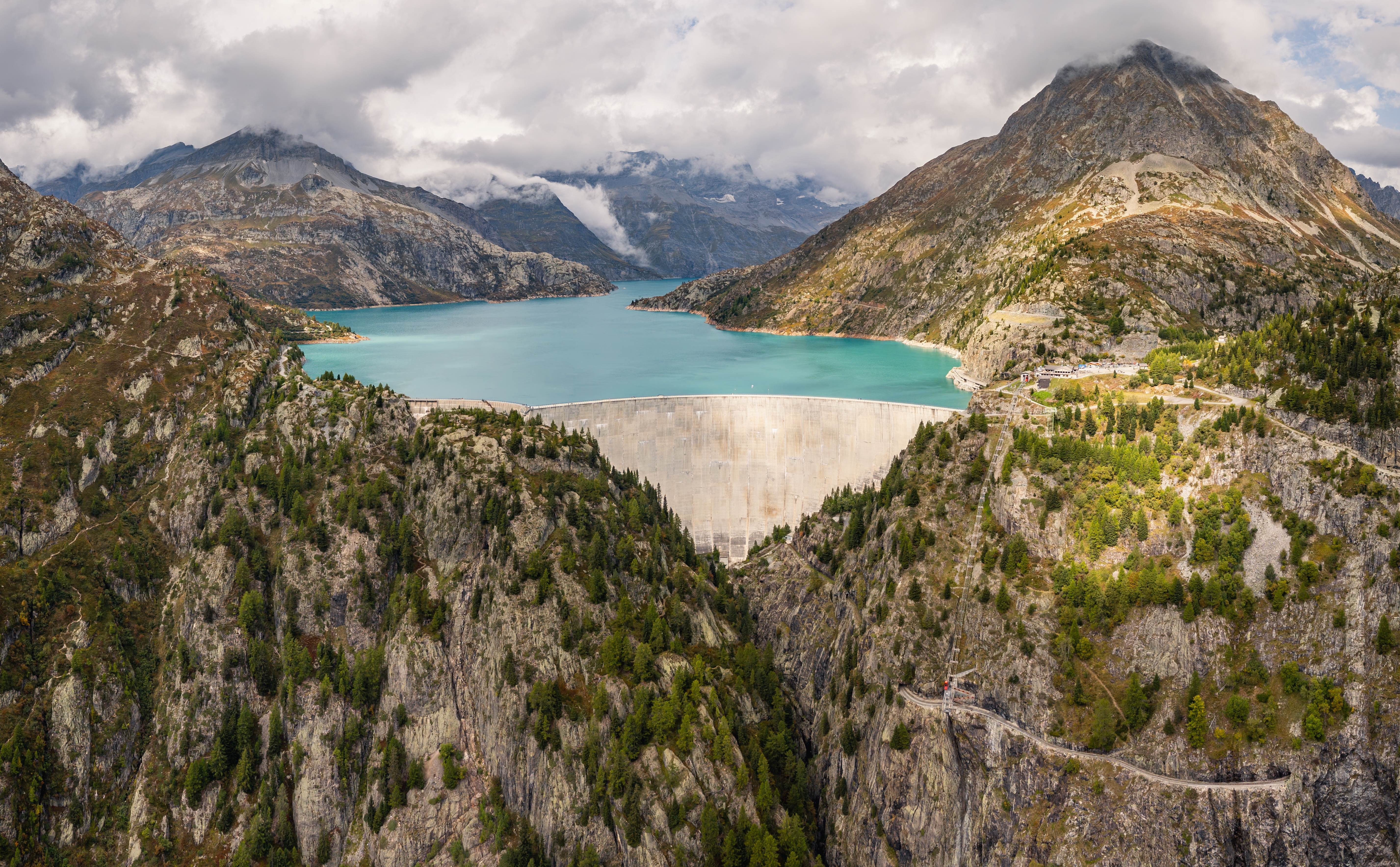Interview: Elsbeth Tronstad, SN Power
Elsbeth Tronstad has been executive vice president of SN Power responsible for corporate social responsibility, environment, communications and human resources since 2009. She was recently elected to the International Hydropower Association Board. She spoke with us about the business case for sustainability in hydroelectric projects, and the importance for companies to get it right.

What is your background in hydropower before you became involved in IHA?
I am a political scientist, so I’m not a ‘technical’ person. I was involved in politics in Norway for several years, included as a deputy foreign minister. I used to work with ABB before I joined SN Power, so I’ve been in the energy sector for more than 18 years now.
At ABB I worked in oil, gas and petrochemicals, but in Norway ABB was very big on hydropower equipment, and I saw the rise and fall of the hydropower equipment sector. I decided to worked for SN Power after an experience at the Confederation of Norwegian Enterprise.
What motivated you to join the hydropower sector?
The world needs hydropower. It is a clean, renewable energy, and it is reliable. We can switch it on very quickly when we need it, and it can act as a back-up for both wind and solar.
Norway relies on hydropower, but over the years we have had tough discussions on developing hydropower or saving the environment. I was intrigued by the sector that claimed that the two could go hand in hand.
I also see that energy provides better lives for people. I wanted to be part of that and influence the sector, so I decided to join.
What are SN Power’s drivers as a hydropower company?
We have production in nine countries, from the Philippines to Peru to Zambia, so we’re all over the world. We don’t do any business in Norway or in Europe – we only do business in emerging countries.
It’s a great concept, because we know that there will be no development without electricity – so we are contributing to both a better climate and development for people through our business.
SN Power is a member of IHA. What are the benefits of being connected to the hydropower community in this way?
Well first of all it’s a network, so you can get important information and discuss different matters with colleagues in the same situation. IHA has an important spokesperson role in the global energy discussion – it is an organisation that can follow the discussion on a global level, which is something that each individual member has difficulty in doing.
I have encouraged colleagues from all backgrounds to join IHA, because the more members there are, the stronger our voice is at the international level, and the richer our discussions.
IHA is doing a lot of work around sustainability, particular through the Hydropower Sustainability Assessment Protocol. What do you think is the business case for hydropower developed in an environmentally and socially responsible way?
I think it’s extremely important. If we don’t do business in a responsible way, our industry is bound to fail. Communications and information is shared so fast these days that you cannot afford to make environmental mistake or a social mistake without jeopardising the sector’s well-being. Not only in the countries where you are operating, but everywhere else, because bad practice doesn’t go un-noticed.
Communications and information is shared so fast these days that you cannot afford to make environmental mistake or a social mistake without jeopardising the sector’s well-being."
A hydropower project has a big influence on society and also on the environment, and we have to see to it that when the plant is there, we deliver the natural and environmental services back in their original state, or mitigate the impacts. And we have to give the people in the region a better life than they had before the plant was there.
The Hydropower Sustainability Assessment Protocol can contribute to that, because it’s a way of improving performance and understanding whether you are constructing your project in an environmentally and social responsible way.
What do you think are the biggest challenges in developing hydropower?
Political stability is extremely important to get a project done. Construction of hydropower projects is not a straight road ahead – there are many bumps. A lot can happen.
Beyond technical challenges, such as geology for example, you can have issues with access to the plant, there can be social dissatisfaction with the way the project is carried out, if it isn’t done properly – all of these things can result in delays to a project, and that can have influence on development, and influence the project’s financial success.









